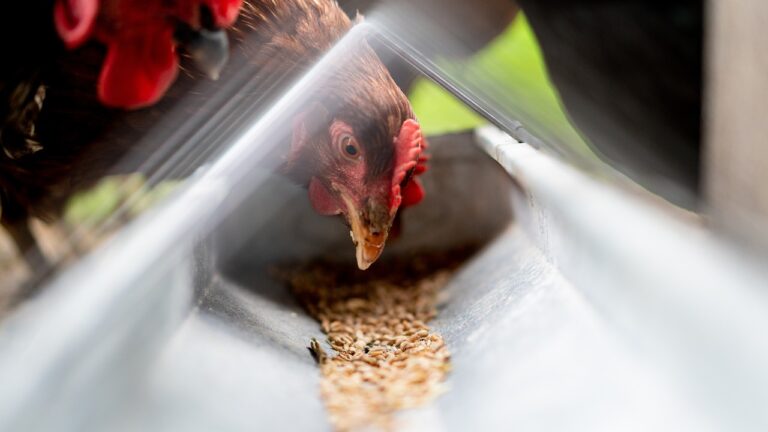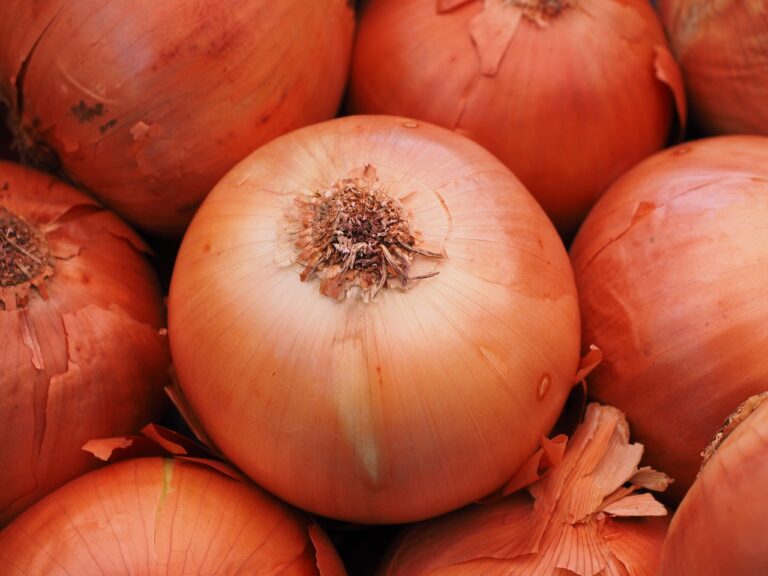The Future of Food Waste Management: Innovations and Solutions
One prevalent challenge in current food waste management practices is the lack of standardized regulations and policies across different regions. This inconsistency makes it difficult to implement effective strategies on a larger scale and hinders the progress towards reducing food waste. Additionally, the fragmentation of responsibilities among various stakeholders, including producers, retailers, and consumers, often leads to miscommunication and disjointed efforts in tackling food waste.
Another obstacle faced in food waste management is the lack of proper infrastructure and resources for efficient waste collection and disposal. Inadequate facilities and outdated technologies contribute to the inefficiency of handling food waste, leading to significant amounts of food ending up in landfills instead of being redirected to more sustainable solutions. This underinvestment in essential waste management systems poses a significant barrier to achieving meaningful reductions in food waste.
Emerging Technologies in Food Waste Reduction
One innovative technology that has shown promise in reducing food waste is the use of smart sensors and IoT devices in monitoring food storage conditions. These sensors can track temperature, humidity, and other factors that affect food freshness, alerting users when conditions are not optimal. By providing real-time data, these technologies help in preventing food spoilage and are proving to be valuable tools in the food industry.
Another emerging technology that is gaining traction in food waste reduction is artificial intelligence (AI) and data analytics. By utilizing AI algorithms, businesses can predict demand more accurately, optimize inventory management, and reduce overproduction. This data-driven approach allows for better planning and decision-making, ultimately leading to less food waste generated throughout the supply chain.
Innovative Solutions for Reducing Food Waste at the Source
When it comes to reducing food waste at the source, innovative solutions are essential for tackling this global issue. One effective approach is implementing smart packaging technologies that help extend the shelf life of perishable goods. By using materials that can monitor and adjust the conditions within the packaging, such as temperature and humidity, the freshness of the food can be preserved, reducing the likelihood of premature spoilage.
Another promising solution is the adoption of data analytics to optimize food production and minimize waste. By leveraging technology to track real-time data on consumer demand, storage conditions, and supply chain logistics, food producers can make informed decisions to prevent overproduction and ensure that products are distributed efficiently. This data-driven approach not only reduces food waste but also helps businesses operate more sustainably in response to market fluctuations.
What are some common challenges in current food waste management practices?
Some common challenges include inefficient supply chain management, lack of awareness about expiration dates, and inadequate infrastructure for composting organic waste.
How can emerging technologies help in reducing food waste?
Emerging technologies such as data analytics, smart sensors, and blockchain can help optimize inventory management, track expiration dates, and facilitate donation of surplus food to those in need.
What are some innovative solutions for reducing food waste at the source?
Innovative solutions include implementing portion control measures, investing in packaging technologies that extend shelf life, and promoting consumer education on proper storage and meal planning techniques.







